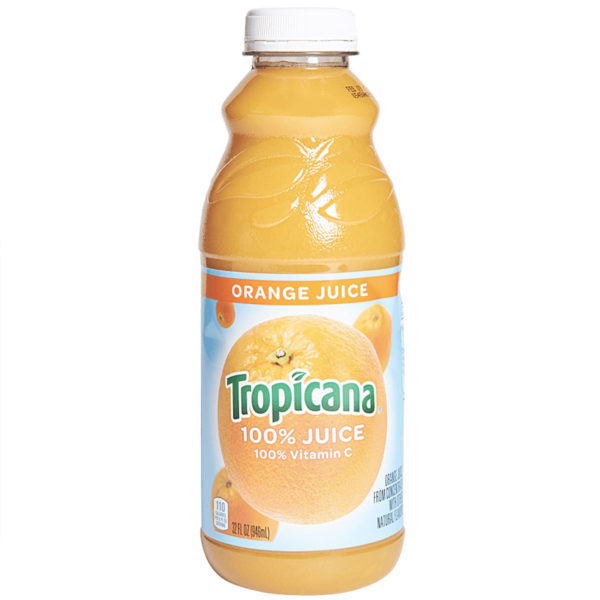

stores like Wal Mart, etc put whatever is cheapest on the shelves. If you see 5 shelf-feet of Quaker cereals compared to 10 shelf-feet of General Mills, that's not because some store manager decided that General Mills deserved more space, it's because General Mills bought that much space."Īs a grocery store owner/manager. Mikel writes "Remember that the grocery business is a consignment business, and that shelf space is bought and paid for. Posted by fourstar at 1:39 PM on January 14, 2006 For additional info, see Effect of pasteurization regimes on orange juice flavor and also maybe Odwalla's FAQ on flash-pasteurization.įurther reading: Orange Fruit Processing (pdf), Luis Cisneros-Zevallos, Ph.D., Department of Horticultural Sciences, Texas A&M University

Since 2002, all juice has been required to be pasteurized, in compliance with FDA Juice HACCP regulations The one exception of this is retail producers who provide juice directly to the end-user this is what allows restaurants and grocery stores to sell their own fresh squeezed.

This accounts for the lack of fresh-squeezed flavor in chilled juices made from concentrate." Chilled juices made from concentrate are pasteurized twice, once when the concentrate is made and again when the juice is reconstituted and packaged. Frozen concentrates and chilled juices not made from concentrate are both pasteurized once at around 195 degrees to eliminate microorganisms and neutralize enzymes that will shorten shelf life. Why does juice made at home from frozen concentrate taste better than prepackaged chilled juice made from concentrate? Heat is the biggest enemy of orange juice. 653, published by America's Test Kitchen/ Cooks Illustrated: But not always, if you consider frozen concentrate. Generally speaking, the longer the product longevity, the lesser the quality, and the lower the price. Stores are probably more interested in offering their customers juices at a variety of these stages than they are in being part of a marketing conspiracy. Juice that sits on the shelves unrefrigerated is pasteurized twice and has a shelf life of about 6 months, though by that time the integrity would be completely degraded ( perfect example). refrigerated juices are sold with a shelf life of ~9 weeks those not-from-concentrate are pasteurized once, whereas those from-concentrate get the heat treatment twice. The more the juice is treated, the longer it can last. Fresh juice does not last long without being treated - it has a refrigerated shelf life of about 3 days. bacteria through pasteurization) and and preservation of the juice's integrity (taste/color/nutrients/etc). Best answer: The way juice is packaged and stored (refrigerated or not) has to do with a combination of preventing harmful contamination (e.g.


 0 kommentar(er)
0 kommentar(er)
